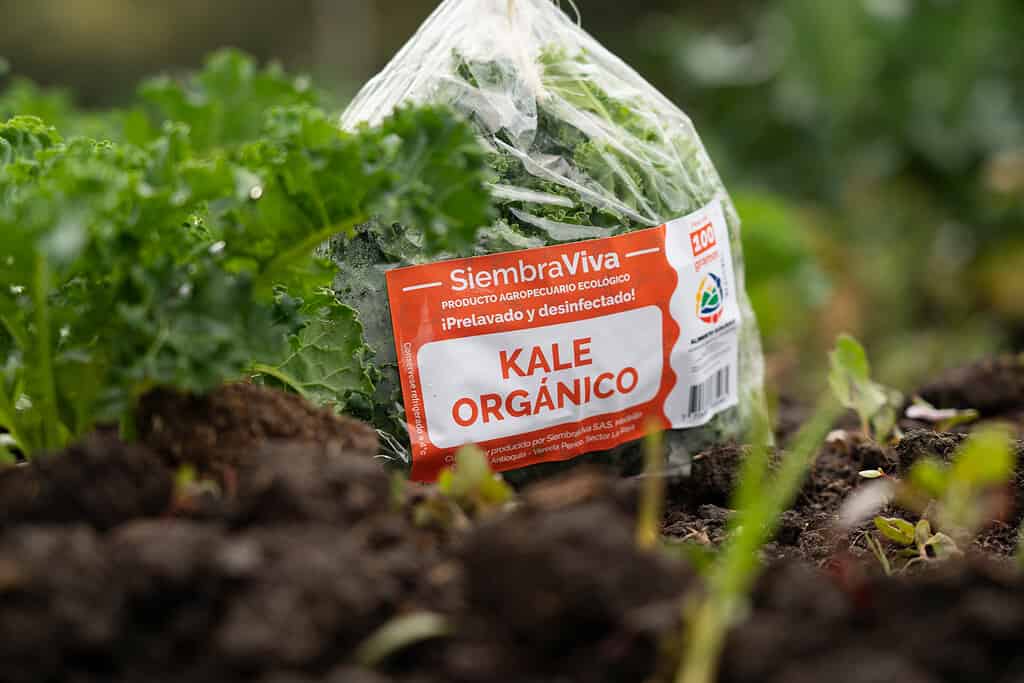SiembraViva

Connecting smallholder farmers to urban consumers through e-commerce
- Company
- Sustainable agriculture
- Latin America
- 2014
- Active
The challenge
The urban-rural divide in Colombia is staggering; poverty in rural areas stands at 41 percent compared to 24 percent in urban areas. In rural areas, agriculture provides the most opportunity for reform as a fifth of all Colombians employed in the sector. Inefficient supply chains, lack of access to markets and rudimentary agricultural practices result in low incomes for smallholder farmers. High costs of transporting goods across rural Colombia, and several intermediates along the value chain erode farmers’ margins. Also, insufficient technical assistance prevent smallholder farmers from getting high quality produce and value add products, and poor storage and distribution facilities result in high wastages estimated at 30 percent of total produce.
The innovation
SiembraViva works with these smallholder farmers on multiple levels. Using technology and an innovative logistics, technical assistance and e-commerce platform, SiembraViva connects smallholder farmers in rural Colombia to a consumer base in urban cities. Through its platform, the company eliminates the inefficiencies in the supply chain as well as the prohibitive costs of transporting produce. The company also provides support and assistance to allow farmers to switch from growing commodities to value-added organic products. Additionally, it provides services like informing farmers when to plant and when to harvest based on demand projections and guarantees produce purchase at a pre-determined, premium price. This reduces wastage from 30 percent to 5 percent and guarantees farmers an income.
The impact
SiembraViva is committed to changing the lives of smallholders in Colombia and aims to integrate 370 families into their program over the next 5 years, thus impacting over 1,350 lives. By tackling problems at every part of the supply chain, and migrating smallholder farmers from low-earning crops to premium organic fruits and vegetables, the company projects that incomes will increase by 160 percent while also improving income stability. The organic practices will also prevent the use of chemical fertilizers positively impacting the environment in the long-run.